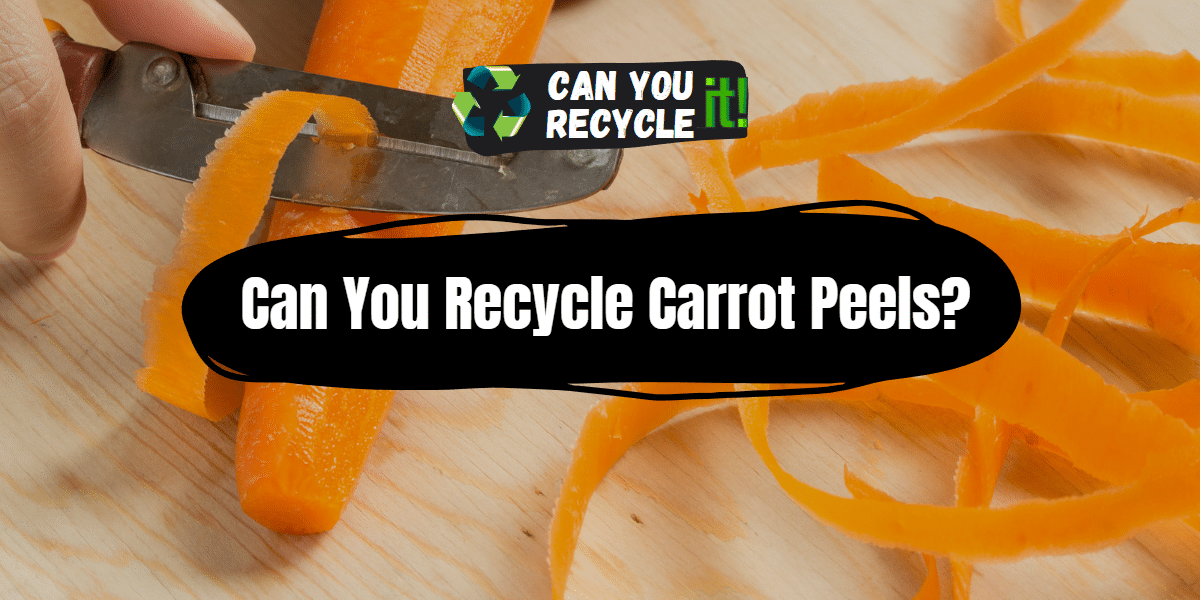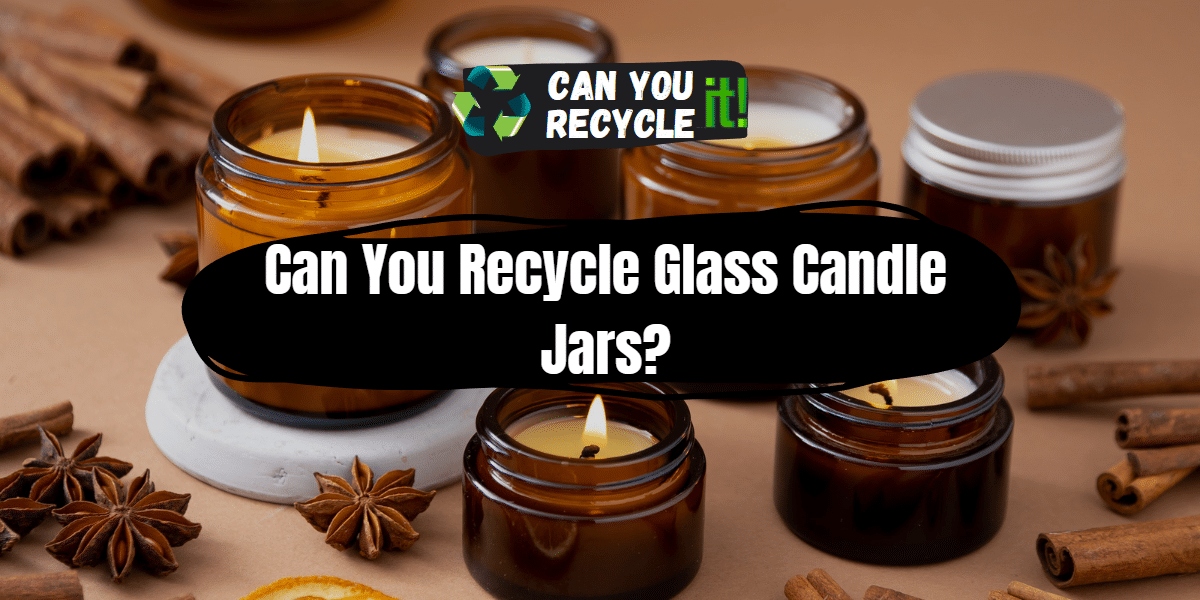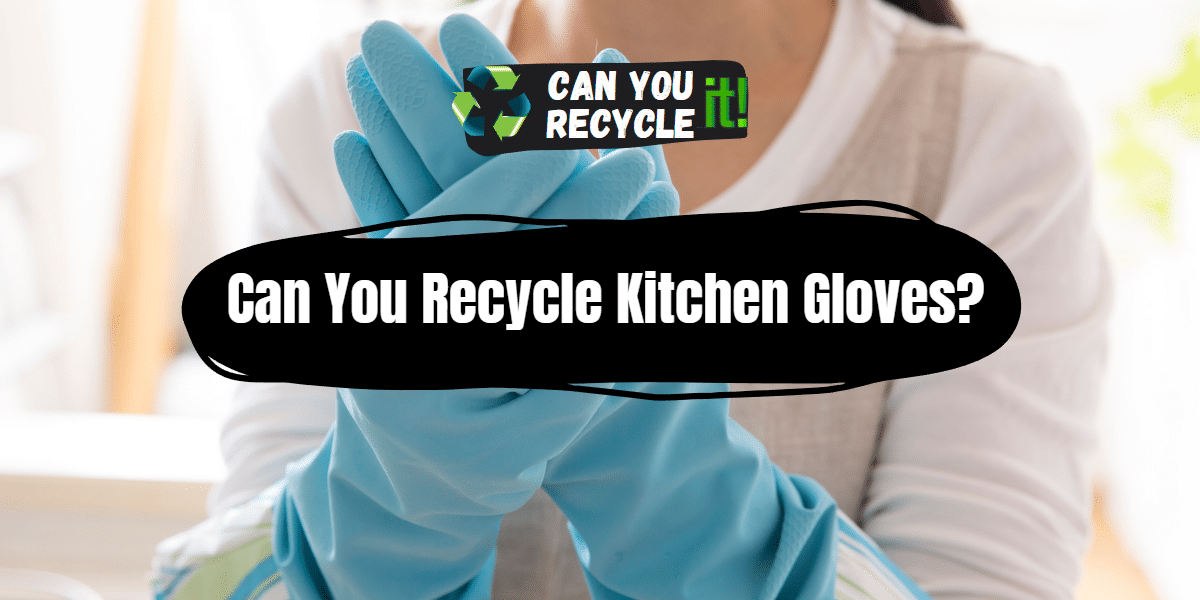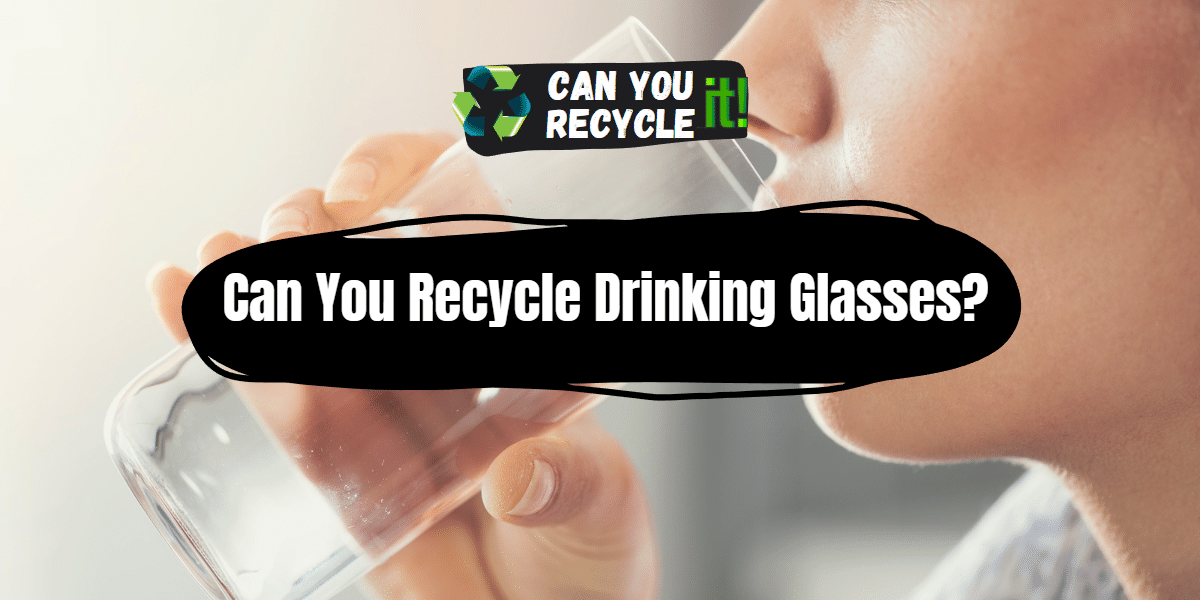No, you cannot recycle carrot peels. Like other food scraps, carrot peels are considered organic waste, so they should not be placed in your recycling bin.
The recycling process for organic waste differs from that of recyclable materials like paper, plastic, and glass. However, this doesn’t mean that you should throw carrot peels in the trash. There are alternative ways to make the most of them while minimizing waste.
Recycling has become an essential part of our daily lives in our efforts to reduce food waste and make sustainable choices. When it comes to fruits and vegetables, many people wonder if certain parts, like carrot peels, can be recycled. In this article, we will explore the topic of recycling carrot peels and provide a guide on how to dispose of them responsibly. So, let’s delve into the world of carrot peels and recycling!
Table of Contents
Do’s and Don’ts
When it comes to carrot peels and their disposal, here are some critical dos and don’ts to keep in mind:
Dos
- Compost carrot peels: Instead of throwing them in the trash, consider composting them. Carrot peels, along with other fruit and vegetable scraps, can be transformed into nutrient-rich compost that can be used to fertilize plants and gardens.
- Use carrot peels in recipes: Carrot peels can be surprisingly versatile in the kitchen. Wash them thoroughly, and you can use them in recipes like vegetable stock, stir-fries, and even as a crispy topping for salads or roasted vegetables.
- Feed carrot peels to animals: If you have pets or farm animals, they might enjoy snacking on carrot peels. Ensure the peels are clean and free from harmful additives before offering them to your furry friends.
Don’ts
- Place carrot peels in the recycling bin: As mentioned earlier, carrot peels are not recyclable. Placing them in the recycling bin can contaminate the other recyclable materials and disrupt the recycling process.
- Throw carrot peels in the regular trash: While throwing carrot peels in the regular trash is a better option than placing them in the recycling bin, it still contributes to landfill waste. Alternative methods, such as composting, can help minimize the environmental impact.
5 Step Guide to Recycle Carrot Peels
Here is a simple 5-step guide to recycling carrot peels responsibly:
Step 1
Wash the carrot peels thoroughly to remove any dirt or residue.
Step 2
If you don’t have outdoor space, set up a compost bin in your backyard or consider using a composting system, such as a worm bin.
Step 3
Add carrot peels and other fruit and vegetable scraps to the compost bin.
Step 4
Ensure the compost pile is regularly turned to facilitate decomposition and aeration.
Step 5
After a few months, your compost will be ready to use as a nutrient-rich fertilizer for your plants or garden.
What to Do with Carrot Peels That Cannot Be Recycled
While recycling carrot peels through composting is the ideal solution, there may be instances when composting is not feasible. In such cases, consider the following alternatives:
- Use carrot peels for vegetable stock: Collect carrot peels and other vegetable scraps like onion skins and celery leaves. Simmer them in water to create a flavorful vegetable stock that can be used as a base for soups, stews, and sauces.
- Create homemade vegetable crisps: Wash and dry carrot peels thoroughly, toss them with oil and seasoning, and bake them in the oven until crispy. These homemade carrot peel crisps can be a delicious and nutritious snack.
- Feed carrot peels to animals: If you have pets or farm animals, carrot peels can be a tasty treat for them. However, ensure the peels are free from harmful additives or seasonings before offering them to your furry friends.
While recycling is preferred, exploring these alternatives can reduce waste and create a greener lifestyle.
The Environmental Impact of Recycling Carrot Peels
Recycling carrot peels through composting offers significant environmental benefits. Let’s take a closer look at the positive impact it has:
- Reduces landfill waste: By composting carrot peels, we divert organic waste from ending up in landfills. This helps reduce the amount of waste that decomposes anaerobically, minimizing the release of methane, a potent greenhouse gas.
- Promotes soil health: Composted carrot peels enrich the soil with organic matter, improving its structure, water-holding capacity, and nutrient content. This, in turn, enhances plant growth and reduces the need for synthetic fertilizers.
- Mitigates the need for chemical pesticides: Healthy, nutrient-rich soil resulting from composting carrot peels promotes the growth of strong and resilient plants. This can reduce the dependence on chemical pesticides and herbicides, benefiting the environment and human health.
- Conserves water: Compost-amended soil retains moisture more efficiently, reducing the need for excessive watering. By using composted carrot peels, we can contribute to water conservation efforts.
- Closes the nutrient loop: Composting carrot peels completes the natural nutrient cycle. Rather than being wasted in landfills, the nutrients present in the peels are returned to the soil, where they can be taken up by plants, completing a sustainable cycle of growth and regeneration.
By composting carrot peels, we minimize waste and contribute to the health of our environment, soil, and plants. Embracing this simple practice can have a profound positive impact on our planet.
FAQs for Can You Recycle Carrot Peels
Can I feed carrot peels to my rabbits or guinea pigs?
Yes, carrot peels can be a healthy and natural treat for rabbits and guinea pigs. However, ensure that you remove pesticide residues and offer them in moderation as part of a balanced diet.
Can I use carrot peels in juicing?
Carrot peels can be used in juicing; however, remember that they may add a slightly bitter taste. If you prefer a milder flavor, removing the peels before juicing is best.
Can carrot peels be used for skincare?
Yes, carrot peels contain nutrients that can benefit the skin. You can create homemade face masks or scrubs using finely grated carrot peels and other natural ingredients.
Conclusion 💭
While carrot peels cannot be recycled in the traditional sense, they can still be repurposed or composted to minimize waste and positively impact the environment. Following the dos and don’ts outlined in this article, you can ensure that carrot peels are appropriately handled through composting, culinary use, or animal feed. Let’s embrace sustainable practices and explore creative ways to reduce food waste, one carrot peel at a time!





Leave a Reply